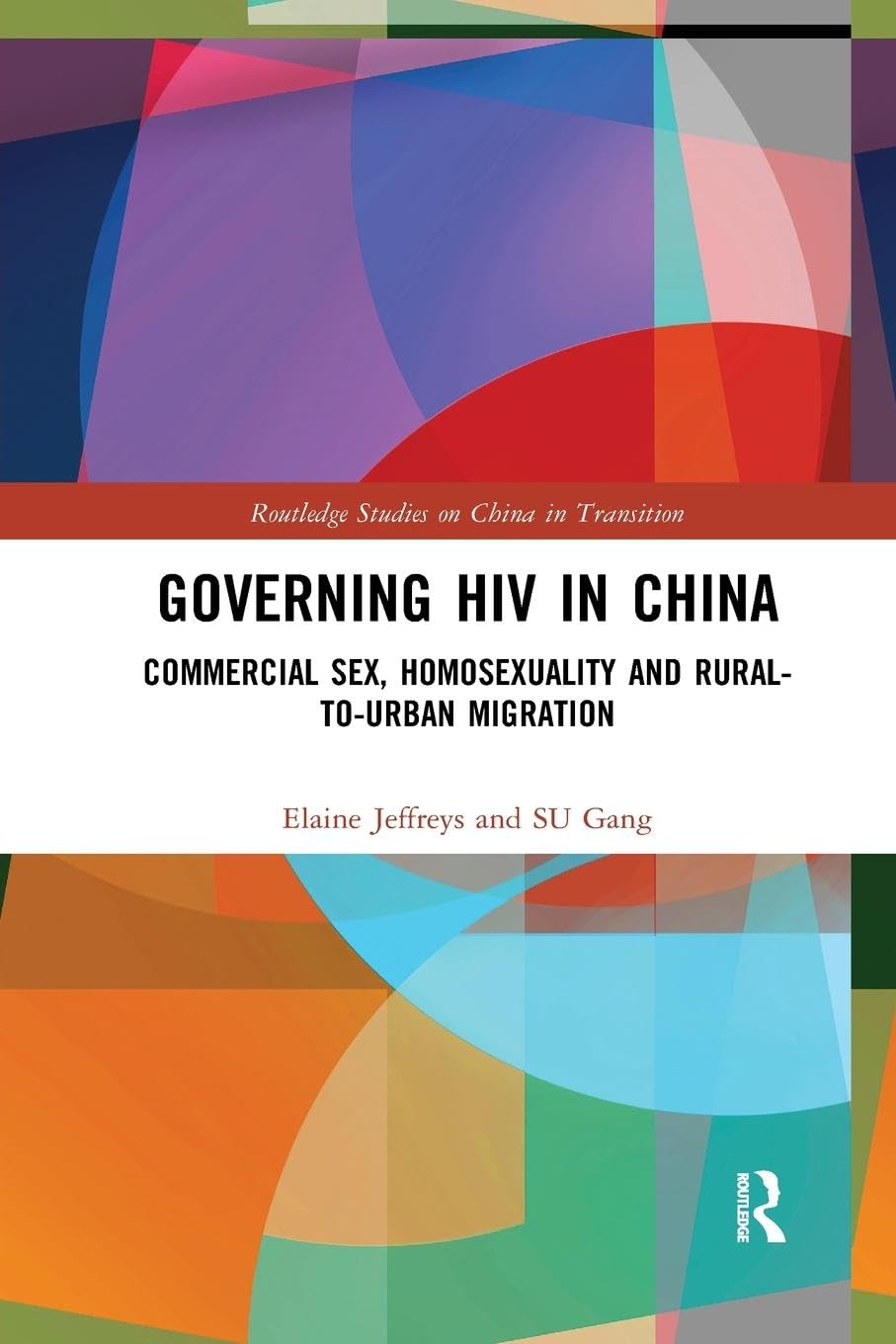Governing HIV in China: Commercial Sex, Homosexuality and Rural-to-urban Migration
Governing HIV in China: Commercial Sex, Homosexuality and Rural-to-urban Migration is backordered and will ship as soon as it is back in stock.
Couldn't load pickup availability
Genuine Products Guarantee
Genuine Products Guarantee
We guarantee 100% genuine products, and if proven otherwise, we will compensate you with 10 times the product's cost.
Delivery and Shipping
Delivery and Shipping
Products are generally ready for dispatch within 1 day and typically reach you in 3 to 5 days.
Book Details
-
Publisher: Routledge
-
Author: Elaine Jeffreys
-
Language: English
-
Edition: Illustrated
-
ISBN: 9780367209261
-
Pages: 187
-
Binding: Paperback
-
Format: Illustrated
About the Book
Governing HIV in China: State Responses to the AIDS Epidemic by Elaine Jeffreys provides a comprehensive and up-to-date analysis of China's evolving response to the HIV/AIDS crisis. The book explores the country's initial pilot programs at the beginning of the 21st century, which focused on underground sex workers, and traces how these efforts have developed into a nationwide program supported by legislation and public media outreach.
Through a detailed examination of the policies and practices of the Chinese state, Jeffreys offers insights into the historical, political, and social dynamics that shaped the country’s approach to managing HIV and AIDS. The book delves into the rationales behind health initiatives targeted at female sex workers and explores how these programs have been expanded to address the needs of other key populations, including homosexual men and rural-to-urban migrant workers.
In addition, the book critically assesses the governance of commercial sex and sexual health in China, considering the state’s shifting strategies and their implications for public health. Governing HIV in China also raises important questions about the country’s commitment to the United Nations’ 2030 goal of ending AIDS as a global health threat.
This thought-provoking book will be invaluable to students and scholars of social policy, public health, and Chinese studies, offering a nuanced understanding of China’s complex relationship with HIV/AIDS and the political, cultural, and social factors influencing its response to the epidemic.





